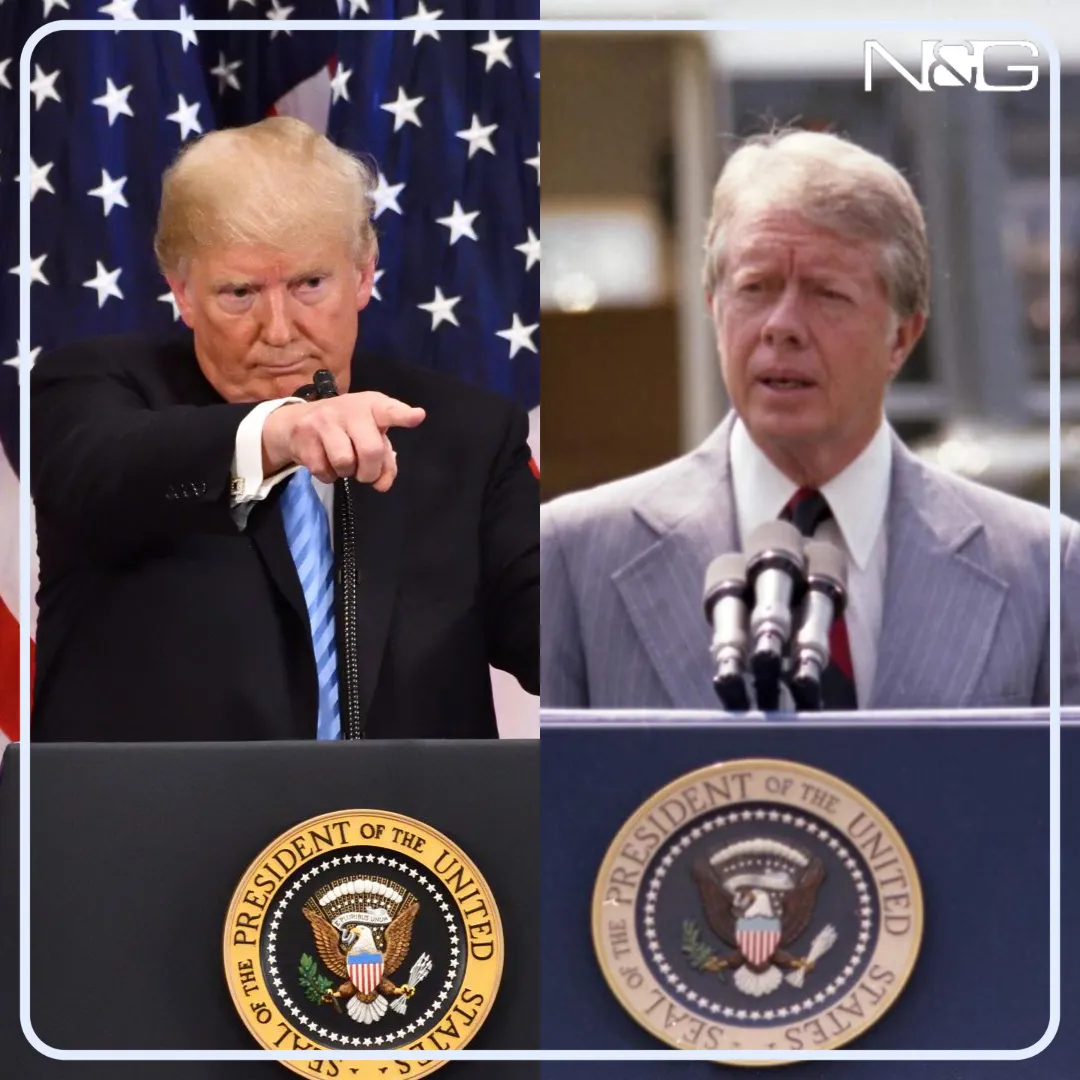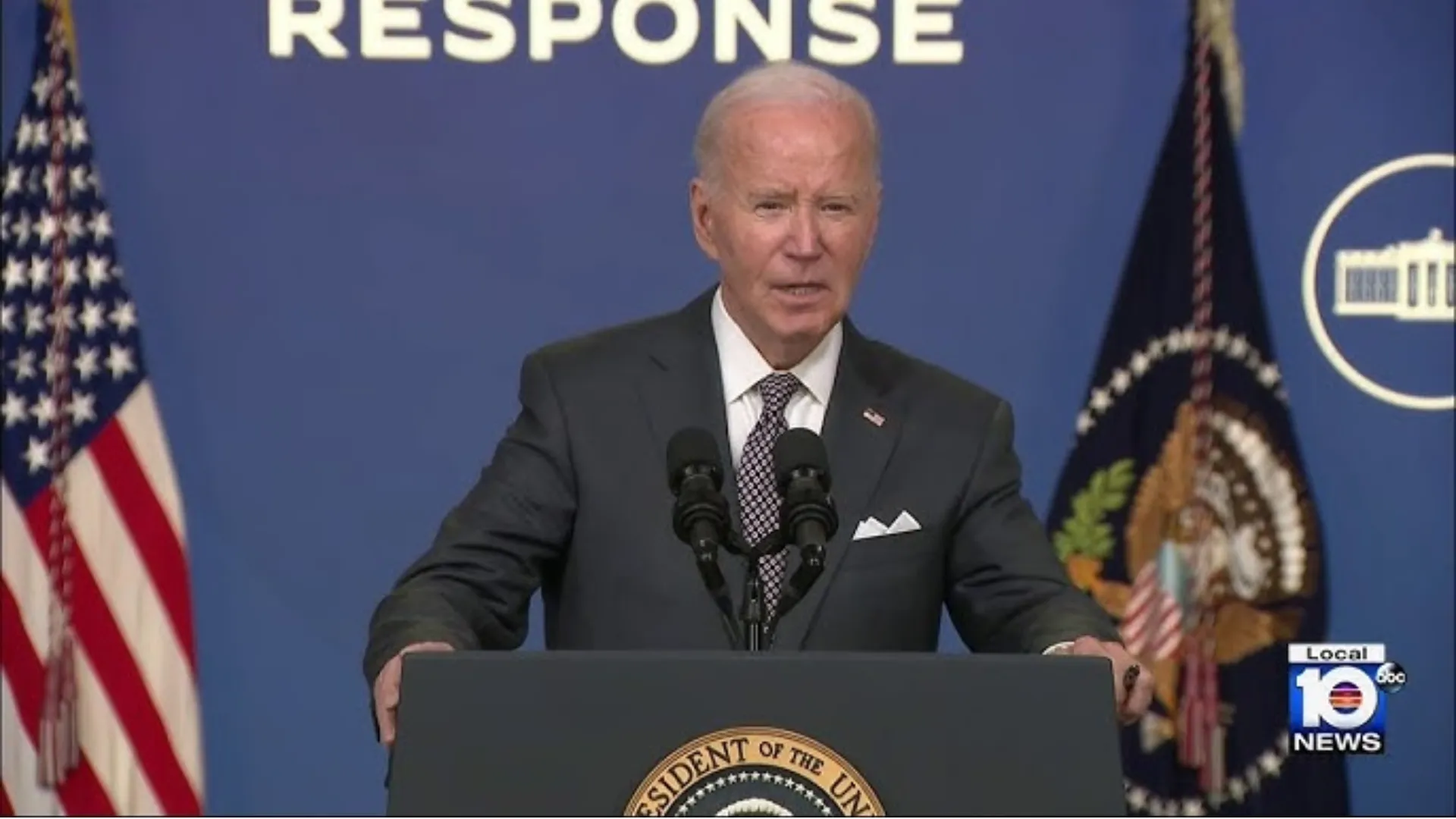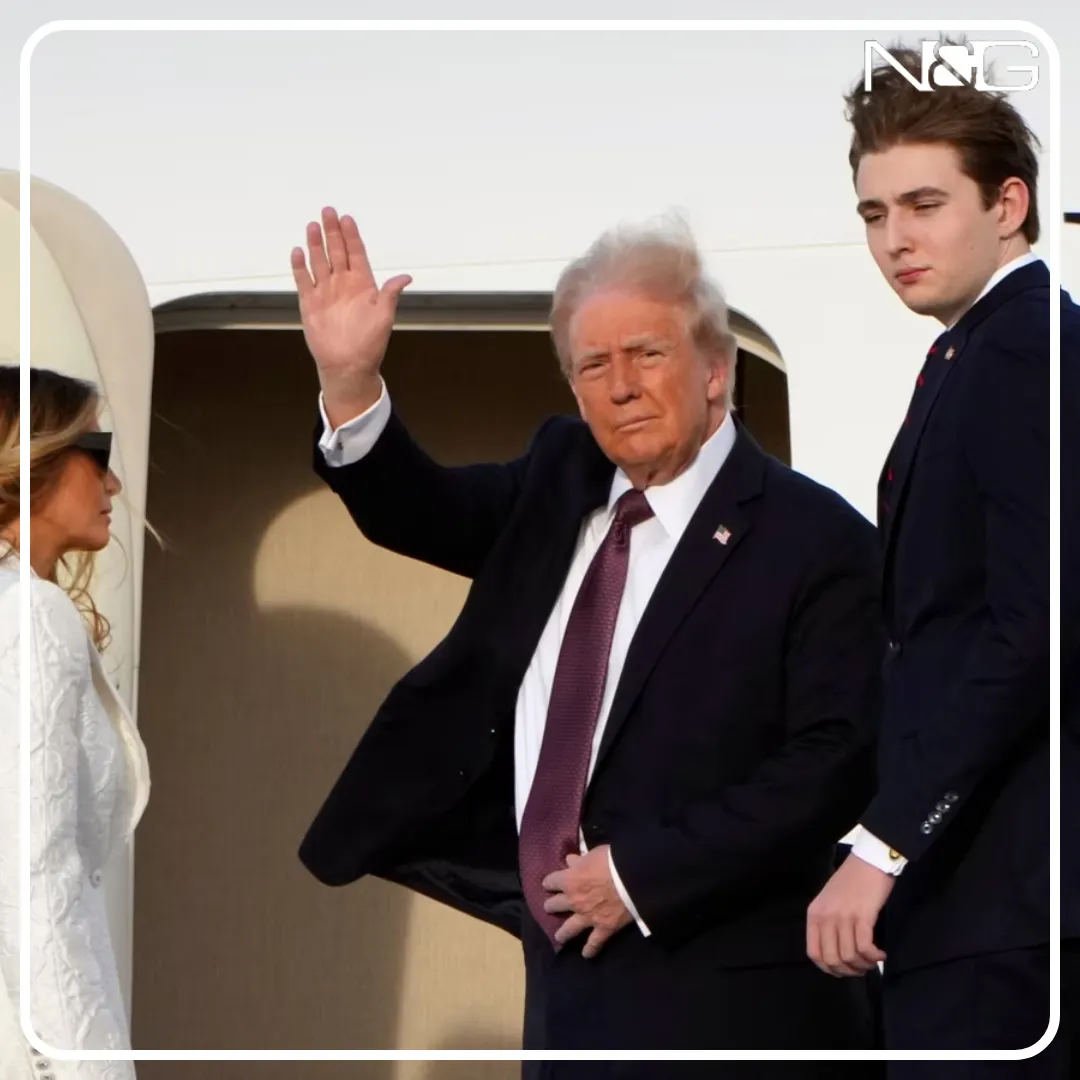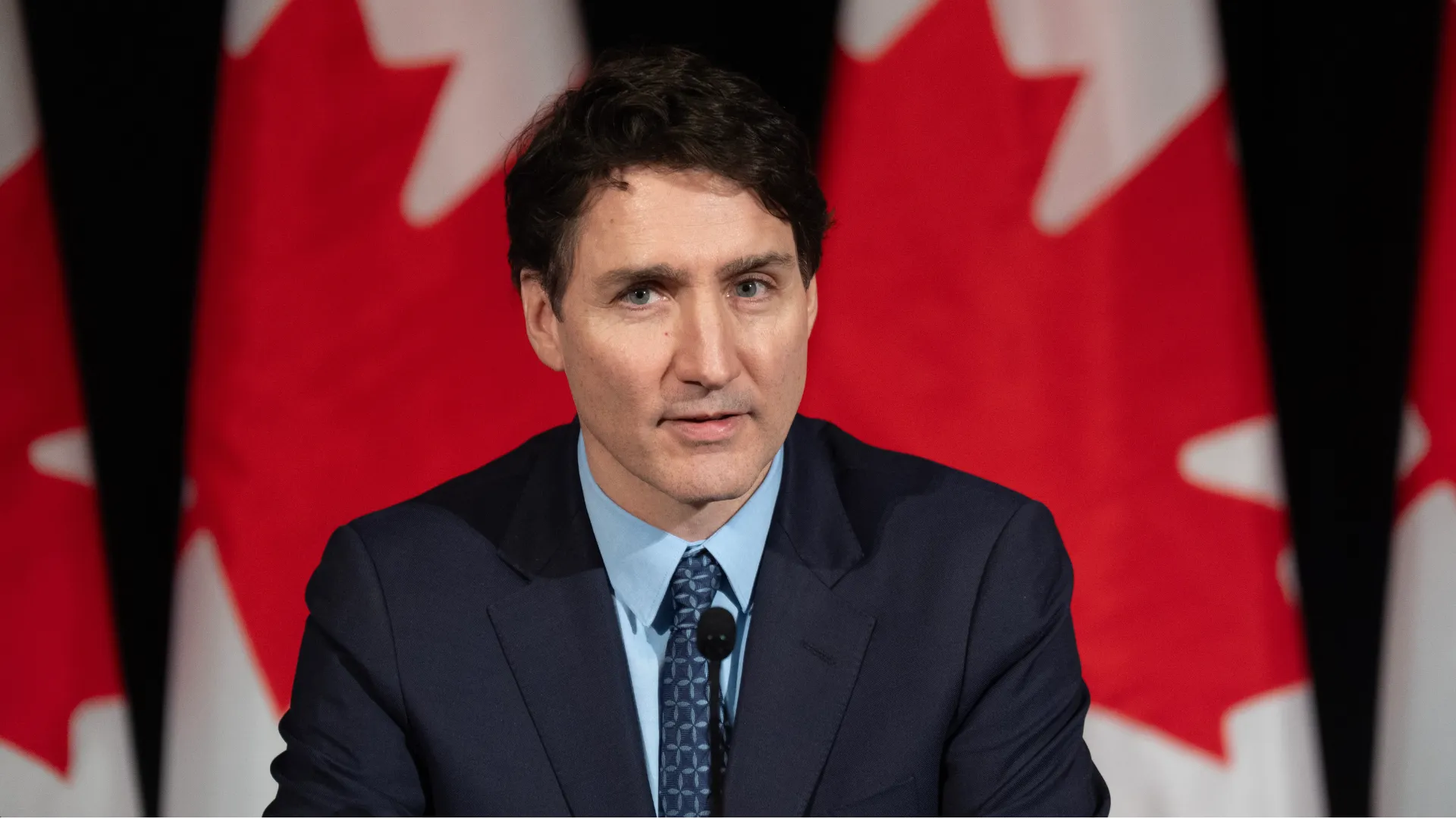
President-elect Donald Trump has shifted his tone on Project 2025, a controversial policy agenda led by the Heritage Foundation, calling certain parts of it "very conservative and very good." This change comes after Trump previously distanced himself from the initiative, labeling some of its ideas "ridiculous and abysmal."
During his 2024 presidential campaign, Trump dismissed any association with Project 2025, stating on his Truth Social platform, “I know nothing about Project 2025. I have no idea who is behind it.” At the time, he criticized portions of the 900-page policy document and claimed he had no involvement with it.
However, in a recent interview with Time magazine, Trump offered a more nuanced perspective. While maintaining that he had “nothing to do with Project 2025,” he acknowledged that some of its proposals had merit. “I don’t disagree with everything in Project 2025,” he told Time. “I read enough about it. They have some things that are very conservative and very good. They have other things that I don’t like.”

Trump also expressed frustration over the release of Project 2025 before the election, claiming it created unnecessary complications for his campaign. He argued that the document’s release was a "foolish" move that linked him to ideas he did not fully endorse, adding that it “complicated my election because people tried to tie me [to it].”
Despite his attempts to distance himself from the document, Trump has appointed key figures involved in Project 2025 to top positions in his incoming administration. This includes Russ Vought, who served as director of the Office of Management and Budget (OMB) during Trump’s first term.
Vought played a major role in drafting portions of Project 2025, specifically its section on OMB policy. His proposals aim to increase the president’s executive power while reducing the influence of career civil servants. Vought also authored executive orders that could allow Trump to fire thousands of federal workers by reclassifying their employment status.

Another Project 2025 contributor, Brendan Carr, is slated to head the Federal Communications Commission (FCC). Carr, who wrote the chapter on FCC policy for the project, is expected to implement changes aligned with the agenda’s conservative vision.
Trump has also nominated Tom Homan as a "border czar," along with John Ratcliffe (CIA Director), Pete Hoekstra (ambassador to Canada), and Paul Atkins (chair of the Securities and Exchange Commission) — all of whom have ties to the Project 2025 agenda.
One of the most notable figures linked to Project 2025 is Stephen Miller, a longtime Trump ally and incoming deputy chief of staff. Miller is the founder of America First Legal, a conservative legal group that played a role in shaping the project’s policy recommendations.

His presence in the White House suggests that Project 2025’s influence could extend into the new administration, even as Trump continues to distance himself from the initiative in public statements.
Critics, including Vice President Kamala Harris, have raised alarms about Trump's alleged ties to Project 2025. During a presidential debate on September 10, Harris stated, “What you’re going to hear tonight is a detailed and dangerous plan called Project 2025 that the former president intends on implementing.” Trump denied her claim, reiterating that he had no involvement with the initiative.
However, watchdog organizations and Democratic leaders argue that Trump’s appointments tell a different story. Tony Carrk, executive director of the accountability group Accountable.US, claimed that Trump's Cabinet picks were proof that he was "charging ahead" with Project 2025.

“President-elect Trump has dropped all pretense and is charging ahead hand in hand with the right-wing industry players shaping an agenda he denied for the whole campaign,” Carrk said. He warned that within Trump’s first 180 days in office, Project 2025 could undermine reproductive rights, shift economic policy to favor billionaires, and cut funding for working-class Americans.
Not everyone believes Project 2025 will play a defining role in Trump’s second term. Republican strategist John Feehery argued that Trump’s leadership style does not follow ideological frameworks like those presented by the Heritage Foundation.
"Trump has no idea what Project 2025 was, and I doubt very seriously that anybody spent any time filling him in on the details," Feehery said. He emphasized that Trump’s agenda is driven by loyalty rather than adherence to any specific ideology.

Trump's spokesperson, Karoline Leavitt, also downplayed his connection to Project 2025. “As President Trump said many times, he had nothing to do with Project 2025,” Leavitt told Newsweek.
She framed Trump’s appointments as a reflection of his “America First” vision, emphasizing that his Cabinet choices were focused on fulfilling his campaign promises, not implementing Project 2025.
Regardless of Trump’s public stance, his administration’s close ties to the architects of Project 2025 have sparked criticism from Democrats and concern among political observers.
As Trump builds his new administration, the influence of Project 2025 — whether acknowledged or denied — is unlikely to fade from the spotlight.



